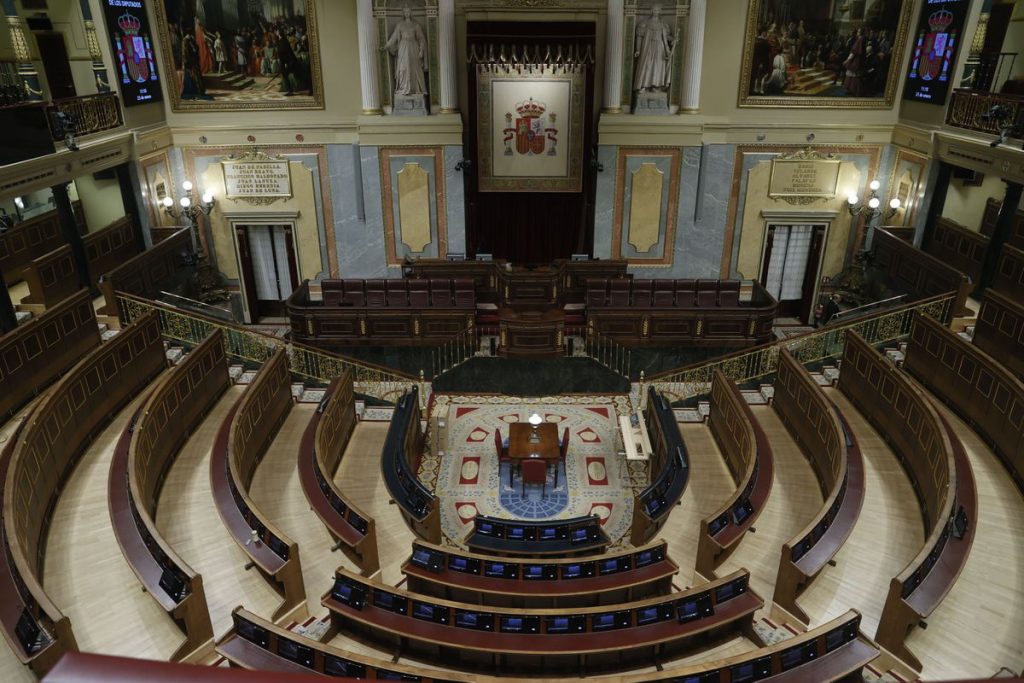Manuel Alba, a lawyer with 43 years of experience in the Cortes, has never publicly commented on a parliamentary issue before. During his time as the Secretary General of both Chambers, first in the Senate (1990-2002) and then in the Congress (2004-2014), he worked under six different presidencies: three from the PSOE and three from the PP. Alba, who is still part of the legal team, is now expressing his indignation over the attacks against the current Secretary General of the Congress, Fernando Galindo, attributed by some media to the entire body of lawyers, and the harsh report from the Senate’s legal advisory disqualifying the procedure with which the amnesty law was processed in the Congress. Alba claims that there has never been such institutional disrespect from the Senate to the Congress before.
Amidst extreme polarization, Alba stresses that there has been no irregularity in the parliamentary processing of the proposed law. While he has his own personal opinion on the amnesty law, he refuses to engage in the deeper debate. Alba highlights that the Congress has acted in strict compliance with the rules, with extreme procedural correctness. He notes that the presence of politically affiliated individuals among the legal advisors in the Cortes is not new, but what is unprecedented is the intense polarization within the legal body itself, as parties push for greater political alignment within the legal service.
Fernando Galindo, the current Secretary General of the Congress, who came directly from the government with a political affiliation to the PSOE, has faced heightened attacks after endorsing a report in favor of admitting the amnesty law for processing. Alba recalls a similar situation in 2005 when he did the same for the Ibarretxe plan. He explains the importance of allowing lawmakers to express their views and amend potentially unconstitutional aspects of a proposal. Alba defends Galindo’s actions, emphasizing the role of the Congress in deciding on laws, rather than the legal advisory body acting as the Constitutional Court.
Alba is particularly critical of the actions of the Senate after receiving the law from the Congress. The Senate’s general secretariat, under new leadership following a shift in majority in July, issued a report deeming the amnesty law unconstitutional. Alba criticizes the Senate’s interference in the Congress’s internal affairs and their use of flawed arguments to challenge the legality of the process. The Senate’s report claimed the law was the result of an irregular process, leading to a conflict with the Congress as they argued the law amounted to a constitutional reform and usurped the Senate’s functions.
Alba argues there is no valid conflict of jurisdiction between the Congress and the Senate, highlighting that the Congress simply presented a law for consideration. He believes the Senate’s response should have been to either reject it, recommend veto, or suggest amendments – rather than claiming a conflict in jurisdiction. The Senate’s report refuting the legality of the amnesty law has caused significant tensions within the legal advisory bodies of the Cortes. Alba’s concerns lie in the disregard for institutional respect and the unprecedented level of polarization among legal advisors in the Cortes, which is affecting the due process and integrity of parliamentary procedures.


